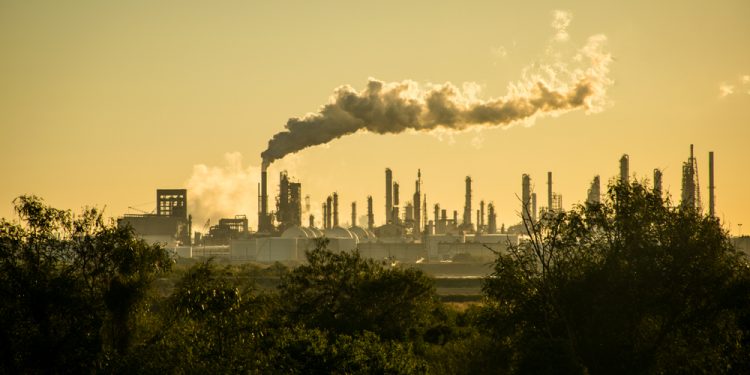Nest has emerged as the leading responsible investment master trust in a review of ESG policies conducted by ShareAction.
The responsible investment pressure group classified Nest as ‘leading’ in ESG, having changed its asset allocation to incorporate ESG and been vocal in stewardship activities.
The report has named L&G’s WorkSave Master Trust, LifeSight, Atlas, The People’s Pension and TPT Retirement Solutions as ‘implementing’ master trusts, which have shown ownership of responsible investment activity and are thinking more holistically about the impact of their investments.
The ‘building’ group, which means schemes that have demonstrated serious consideration of their investment beliefs and may have altered their asset allocation to include a tilt, includes the master trusts of Aegon, Aon, Fidelity, Scottish Widows, Standard Life, Aviva and Mercer.
Now: Pensions is the only provider placed in the lowest group, the ‘learning’ category, which ShareAction describes as providers delegating the majority of responsible investment activity to either their asset manager or corporate group.
The report finds that low-scoring master trusts are over-reliant on their sponsoring group, asset manager or investment consultant for direction on responsible investment issues.
It also finds that master trusts are largely over-delegating stewardship to their asset manager without sufficient oversight.
Master trusts also show low levels of engagement with policy makers on the low-carbon transition.
But the report shows there has been an increase in take up of ESG/climate funds into master trusts’ default asset allocation.
ShareAction campaign manager Lauren Peacock says: “Our findings are mixed. Asset owners are acknowledging that their investments have a broader impact on their beneficiaries’ lives. However, there is also a lack of oversight and attention to stewardship, which undermines the attention being given to impact.
“It is now widely accepted, by the investment industry and regulators, that climate change is relevant to financial due diligence. However, action in this area has been slow and fragmented, with different regulators taking different approaches. Furthermore, many financial indices still contain a large percentage of oil and gas and mining stocks and there is poor disclosure from companies on some environmental, social and governance (ESG) factors.
“Even those within the financial industry taking climate change seriously, appear to view it predominantly in terms of how it poses risks to, and opportunities for, maximising their investment returns. Whilst this is an important lens, the industry is yet to look at how it understands and contributes to the impact its investments have on the wider world in which their beneficiaries live and into which they will retire. By framing the problem of climate purely in risk terms and not considering impact, market participants focus their efforts on resilience, instead of working on mitigation. The greatest financial risks, will come from not meeting the goals of the Paris Agreement and the macroeconomic impact associated with this.”





